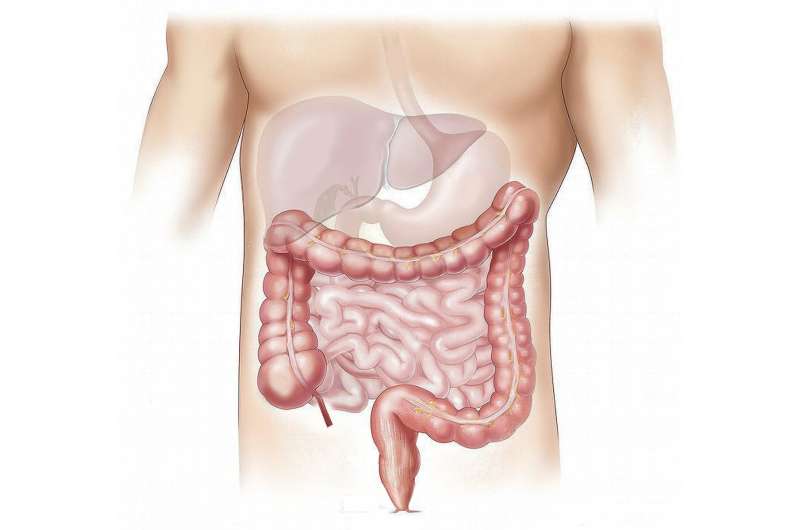Impact of Restricted Public Health Data on Flu Forecasting and Public Safety

Limiting access to vital public health data hampers influenza forecasting and disease response efforts. New research highlights the risks of data suppression for public safety and health decision-making.
A recent study by researcher Tom McAndrew from Lehigh University highlights the significant consequences of limiting access to public health data. The research, published in The Lancet Digital Health, analyzes how reduced transparency and data withholding by government agencies can impair the ability to predict and respond to influenza outbreaks effectively.
During the influenza season in the U.S., millions of hospitalizations occur, with peak weeks seeing thousands of cases. Accurate forecasting relies heavily on real-time data from various sources, including reports on hospitalizations, disease spread, and other vital statistics. However, recent government actions have led to a rollback of crucial datasets. For example, over 8,000 government web pages covering topics from vaccines to scientific research were removed amidst executive orders, disrupting routine releases like the Morbidity and Mortality Weekly Report, which provides vital influenza data.
This data suppression creates uncertainty for researchers and public health officials. McAndrew's study demonstrates that the absence of comprehensive data results in less reliable flu forecasts, which can hinder timely responses and resource allocation during severe flu seasons. The research team compared models using extensive government-held data with those using minimal data; the results showed that models with limited data were highly uncertain, undermining their usefulness.
Furthermore, the withholding is particularly concerning given ongoing outbreaks like H5N1 avian flu, which poses a threat to both animals and humans. Restricted access to epidemiological data impairs the ability of state and local authorities to prepare for and respond effectively to such crises.
McAndrew advocates for a strategic, federally supported plan that involves stakeholders across government, academia, and industry to safeguard public health data. He emphasizes that open, transparent data is essential for informed decision-making, improving public health outcomes and preparedness.
The study also explores how reduced expert opinions, especially with recent layoffs of federal health officials, can introduce biases into flu season predictions. This reduction in expertise hampers accurate modeling and planning for upcoming health threats.
Overall, the research underscores the importance of maintaining accessible and comprehensive public health data to ensure effective disease forecasting, timely interventions, and ultimately, better health security for the population.
Stay Updated with Mia's Feed
Get the latest health & wellness insights delivered straight to your inbox.
Related Articles
Innovative AI Framework Predicts Viral Evolutionary Fitness of SARS-CoV-2 Variants
A new AI-driven framework from the University of Tokyo accurately predicts the fitness and evolutionary potential of SARS-CoV-2 variants, enhancing pandemic surveillance and response.
Ebola Outbreak in DR Congo Claims 15 Lives Amid Rising Concerns
A new Ebola outbreak in the Democratic Republic of Congo has resulted in 15 deaths since August. Authorities are deploying vaccines and expert teams to contain the spread in Kasai Province amid ongoing challenges.
Insurance Status Significantly Impacts Likelihood of Critical Patient Transfers and Outcomes
A recent study reveals that uninsured and publicly insured critically ill patients are less likely to receive timely hospital transfers, leading to worse outcomes. Addressing insurance-related disparities is crucial for equitable critical care in the US.
Innovative Gut Bacteria Proteins Impact Hormones, Metabolism, and Bone Health
Scientists have discovered gut bacteria proteins that influence hormones, metabolism, and bone health, paving the way for new therapies targeting chronic diseases. Read more about this breakthrough from the University of Copenhagen.



